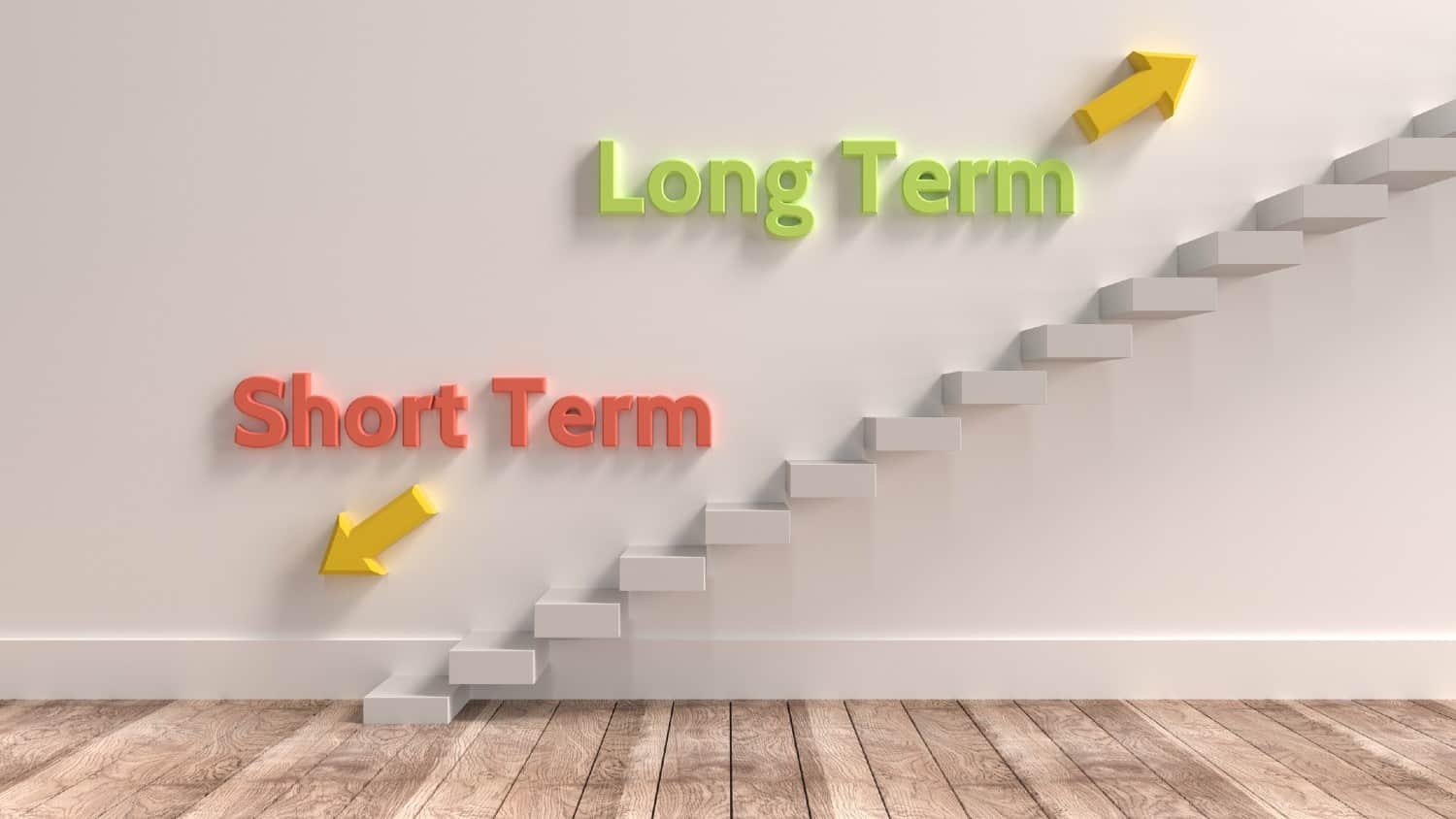Shell’s (LSE: SHEL) share price has seen no sustained positive impact from what I thought were strong Q3 2024 results.
Adjusted earnings (the firm’s net profit number) rose 12% year on year to $6.03bn (£4.76bn). They also outstripped analysts’ estimates of $5.36bn.
Positively as well was a 13% fall in its net debt to $35.23bn – now at its lowest since 2015. Another boost was that cash flow from operations increased 19% year on year to $14.68bn.
Are the shares undervalued right now?
Analysts forecast that Shell’s earnings will increase 5.5% a year to the end of 2026. And it is ultimately earnings growth that powers a company’s share price and dividend over time.
The principal risk for the oil and gas giant is that global energy prices remain bearish. This has been a key reason behind its lacklustre share price.
However, I think China’s economy will strengthen over time, and it is the world’s largest importer of oil. I also think the transition to greener energy will take longer than many people think. Both these factors are long-term bullish for oil prices.
As it stands, Shell looks very undervalued to me on the key price-to-earnings ratio at 12.8. Its competitor group’s average is 15.6.
Another share buyback
In its recent results, Shell also announced another $3.5bbn share buyback, expected to be concluded by 30 January 2025. It is the 12th consecutive quarter in which it has announced $3bn or more in buybacks.
These are broadly supportive of share prices, but as a shareholder I would always prefer such money be used to boost dividends instead. The long-term cash boost from a higher yield can be far greater than from a temporary rise in share price.
This is even more so if the dividends from a stock are compounded. This involves the dividends paid being used to buy more of the stock that paid them.
A modest rise in dividends
That said, Shell’s dividends are set to rise somewhat from now to 2026. In 2023, it paid a total of $1.29, fixed at a sterling equivalent of £1.0232. This yields 4% on the current share price of £25.49.
Analysts forecast the payouts will increase to 108.7p this full year, 116.4p in 2025, and 122.6p in 2026. These would give respective yields on the present share price of 4.3%, 4.6%, and 4.8%.
Even at the current 4% with the dividends compounded, £10,000 would make £4,908 in dividends over 10 years. Over 30 years on the same basis, the payouts would rise to £23,135.
If the yield does rise to the forecast 4.8% in 2026, £10,000 invested would see £6,145 in dividends after 10 years and £32,086 after 30 years.
This disproportionate increase in dividends over time from even a small increase in yield underlines why I prefer firms to boost shareholder rewards through dividends, not buybacks.
Will I buy more of the shares?
I have bought Shell stock over several years at an average price much lower than now. So I am happy with that position.
If I did not have it, I would buy more today, given its long-term growth prospects. These should drive the share price and dividend higher over time.





